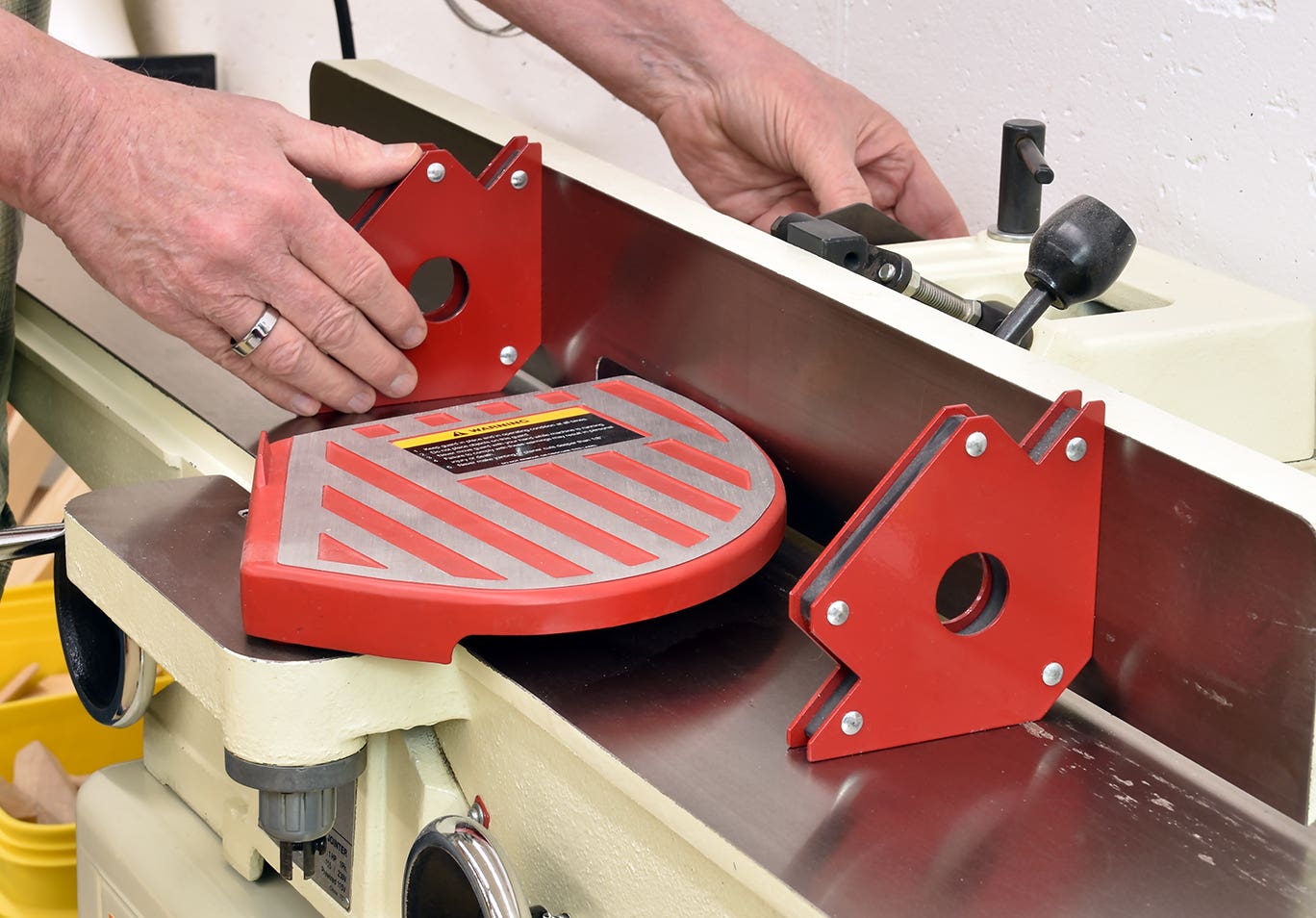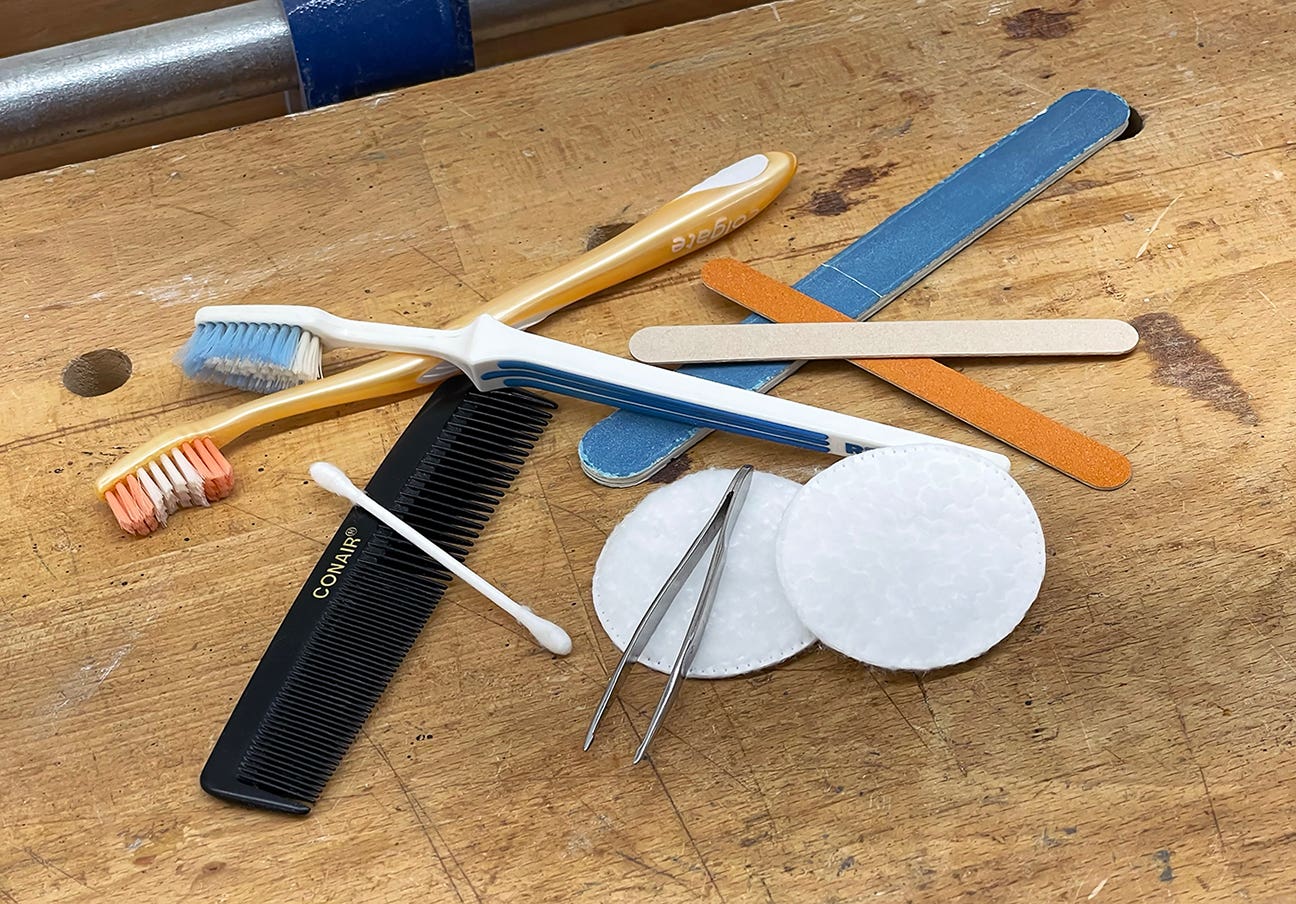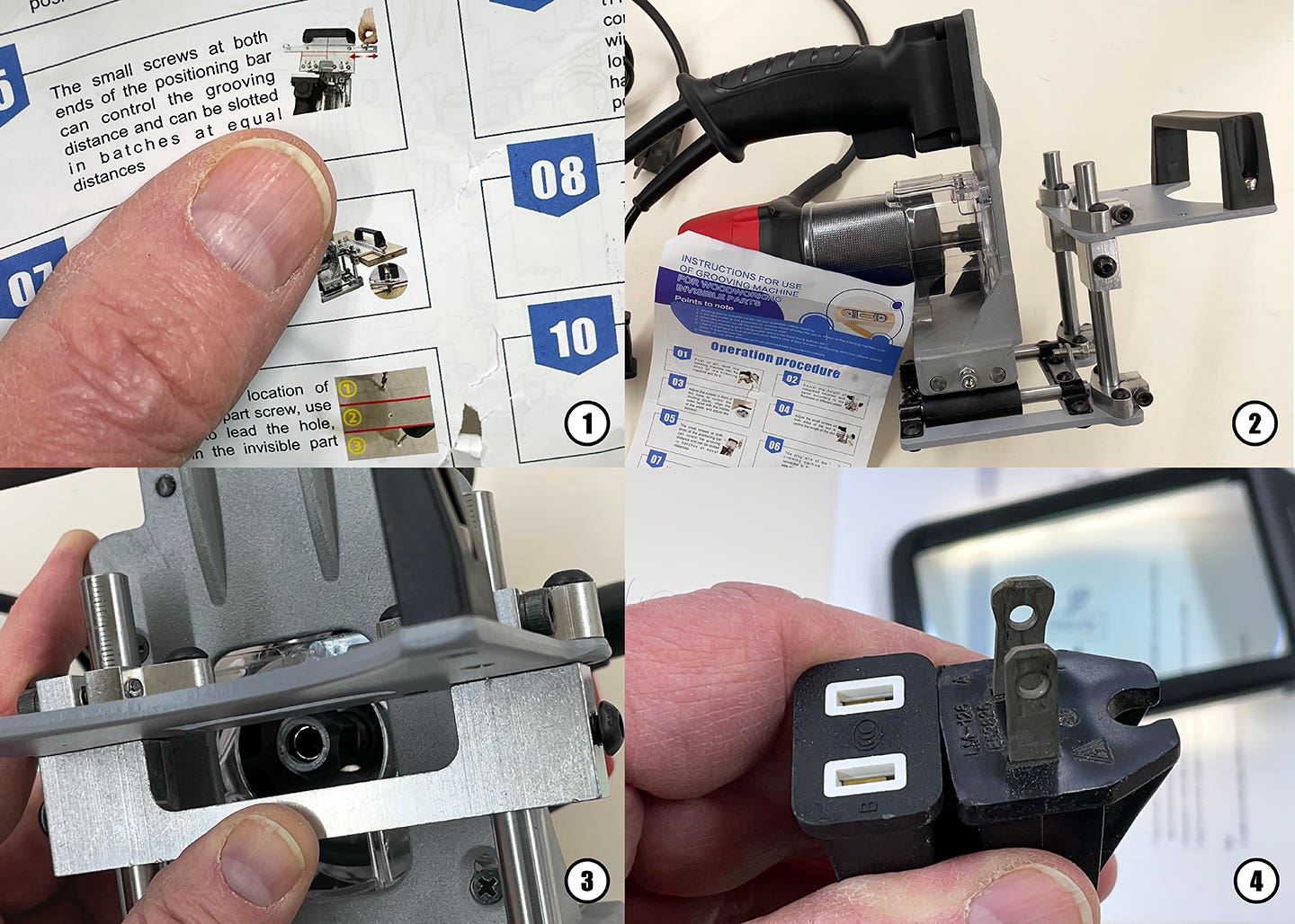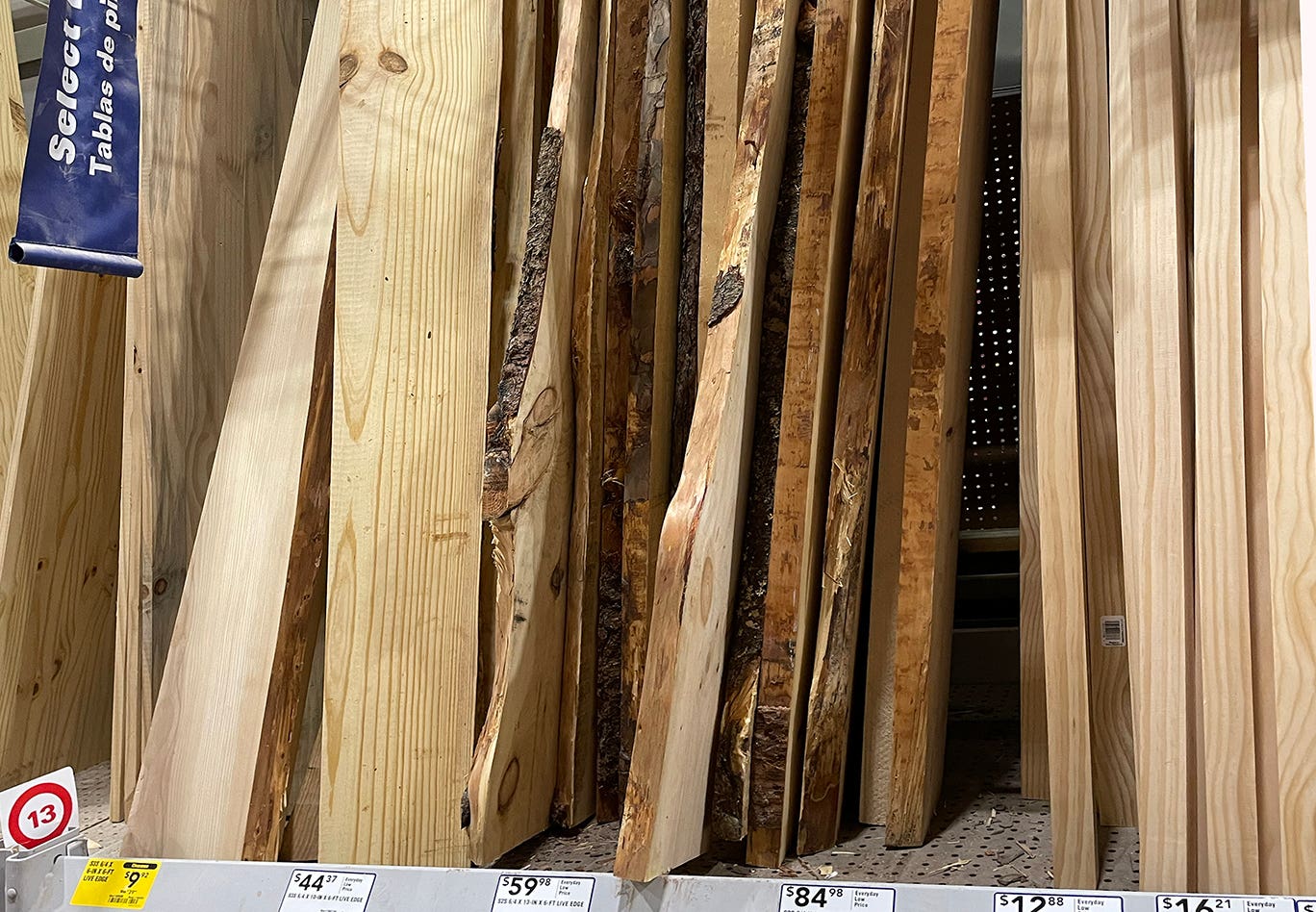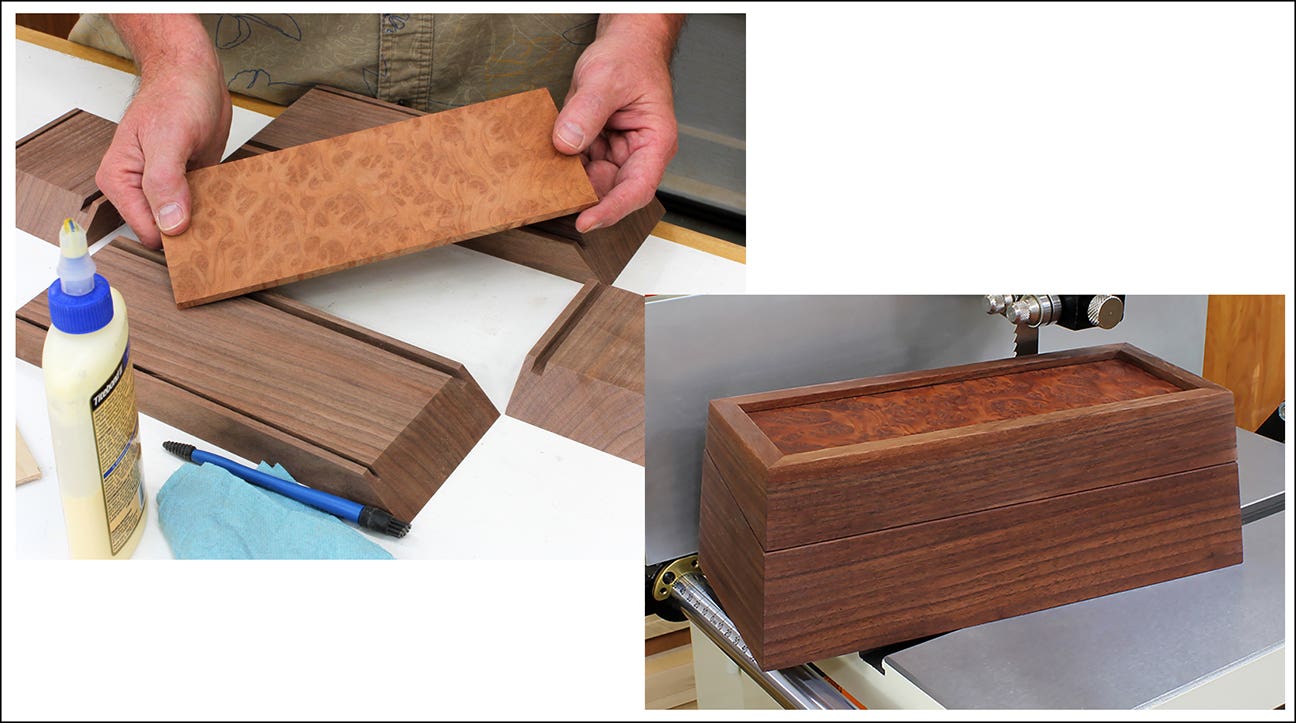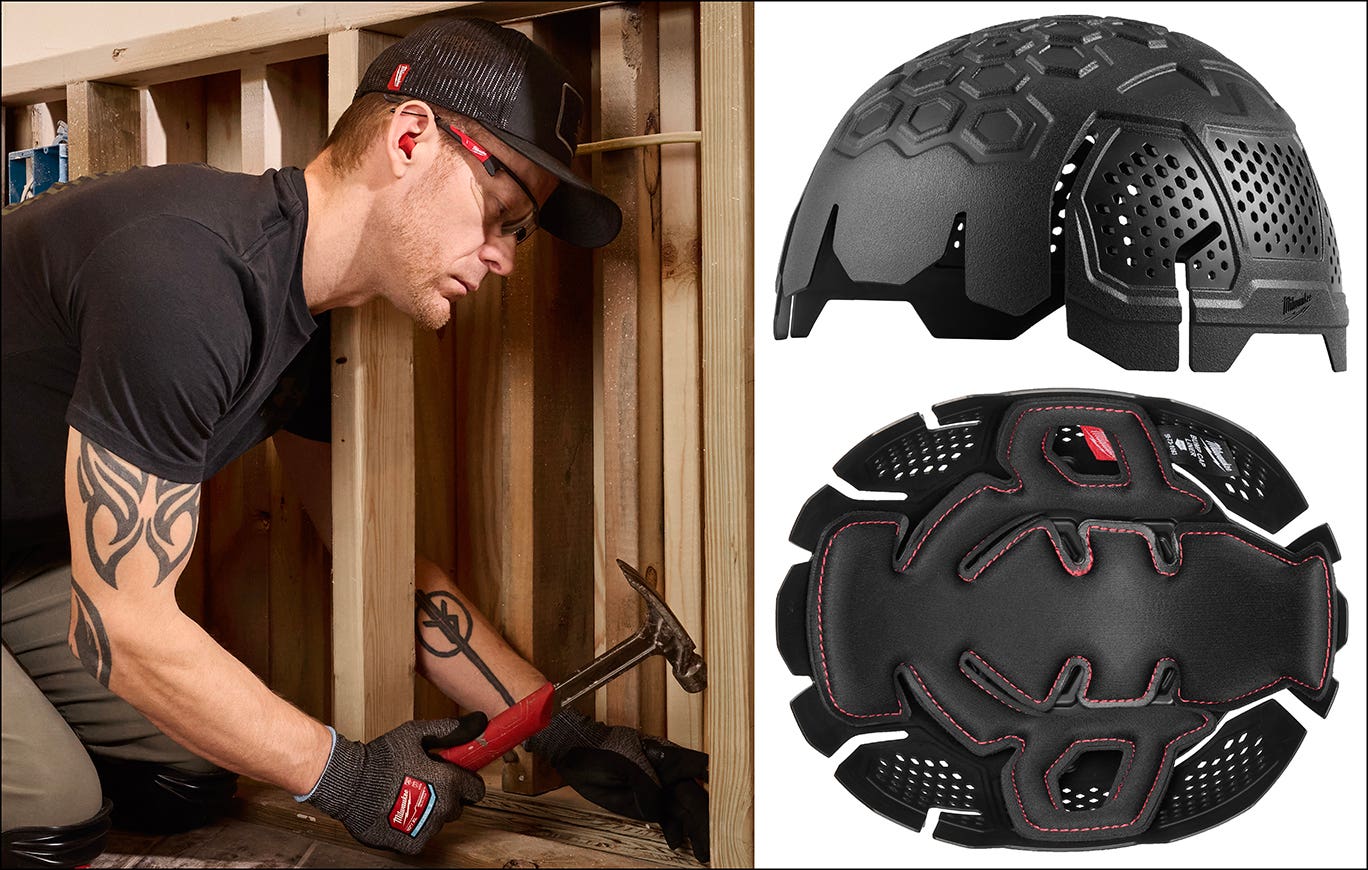Order of danger
What’s the most dangerous thing in the woodshop? The list is a long one.
What’s the most dangerous thing in the woodshop? The list is a long one.
Let’s keep our discussion of shop safety from last time going a bit longer. While last time I spoke of safety practices, this time I want to look at dangerous practices. Which is the worst?
As with safety practices, this is a bit hard to quantify as there are different aspects. If we’re talking about the most dangerous tool to use, my vote would have to be the router.
Danger can be lessened while routing, such as by using a backer board or hold-downs. But so much can go wrong when routing, and injuries can be caused by kickback as well as the cutter itself. And unlike other shop tools, an injury from the cutting edge on a router is permanent – there won’t be anything left to reattach.
I’m sure anyone reading has a horror story involving one tool or another, and personal experience with injury has a tendency to skew this “order of danger” I’m going for. Perfectly understandable.
But I’d posit that the most dangerous practice is the one that causes a shop accident, and not just the tool being used. Sure, the tool in question is a huge factor in the seriousness of the injury, but not necessarily the culprit behind the accident.
For that, I think I’d put three things at the top of my list: inattentiveness, lack of concentration and distraction. You can’t always do something about that last one – pets, family members and coworkers, sudden noises outside the shop, etc., are often beyond our control.
But not paying attention, complacency, and allowing anything other than the project at hand to be foremost in our minds while working are the most dangerous things of all, and those are all in our control. If for any reason they’re not, then stop working and come back later. Or you’ll find out why I put them in the lead spot in my order of danger.
A.J. Hamler is the former editor of Woodshop News and Woodcraft Magazine. He's currently a freelance woodworking writer/editor, which is another way of stating self-employed. When he's not writing or in the shop, he enjoys science fiction, gourmet cooking and Civil War reenacting, but not at the same time.


